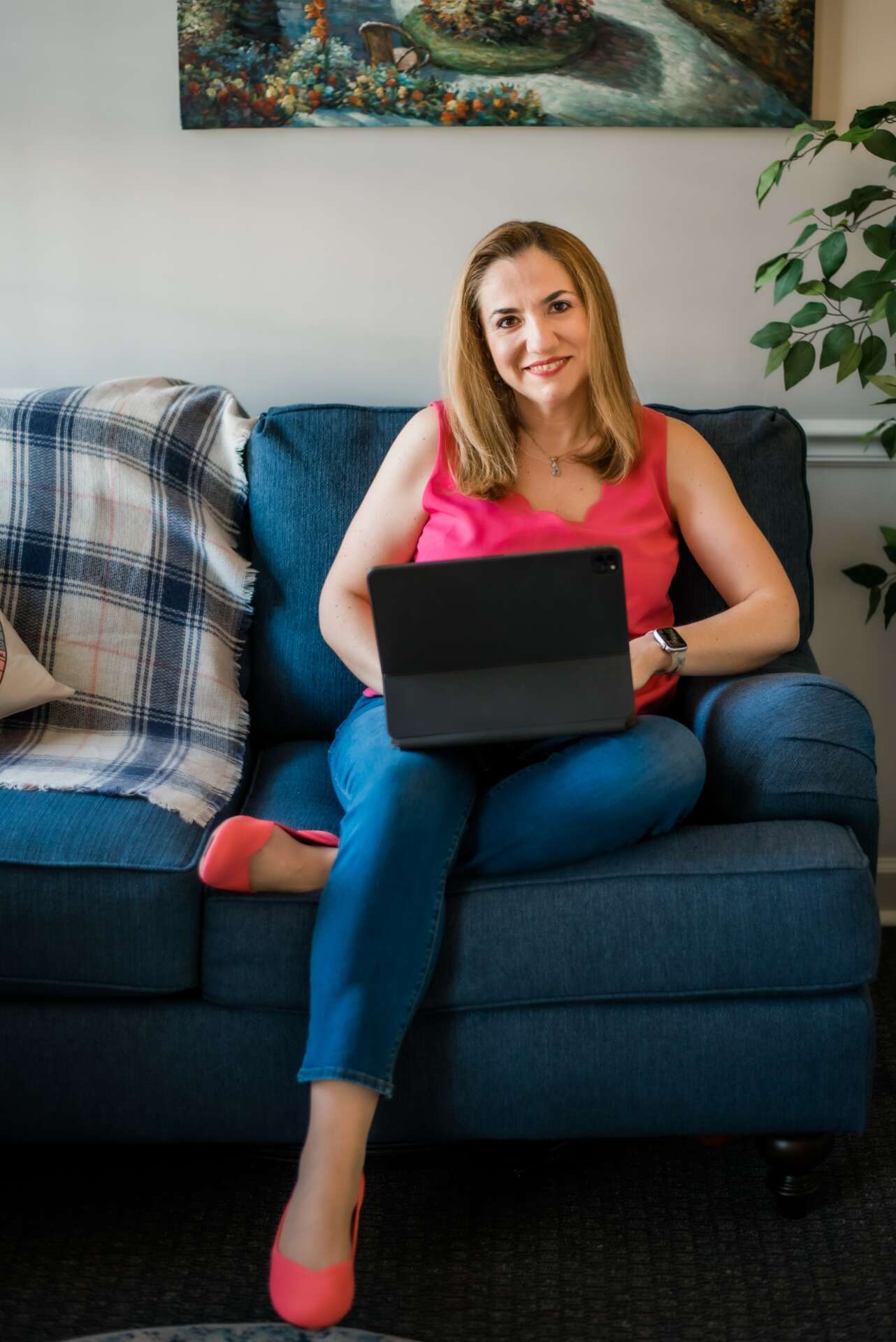We recently connected with Selin Tastan and have shared our conversation below.
Selin, thanks for taking the time to share your stories with us today It’s always helpful to hear about times when someone’s had to take a risk – how did they think through the decision, why did they take the risk, and what ended up happening. We’d love to hear about a risk you’ve taken.
I am currently working as a licensed clinical mental health counselor at my solo private practice. I love my job and am grateful for the privilege of helping individuals change their lives but this would not have happened had I not taken a risk with my career. After graduating from grad school with a Master’s Degree in Human Resources, I started working at big corporations as an HR consultant. The second major company I worked at, had a toxic work environment that left me with very low self-esteem. The term “toxic environment” was not widely known or recognized at the time so I had no words to explain and understand my experience. I knew that I needed to leave that environment and that’s when I took one of the biggest career risks of my life. I quit my job without any other job prospects. I did a lot of soul searching to find what I wanted in my life and career while also volunteering at hospitals and non profits. That search brought me to the US to pursue a doctorate degree in mental health counseling and become my own boss. I don’t recommend everyone who is having career/work related issues to quit their jobs without a backup. However, my story is a reminder of finding the rainbow after the storm and taking risks when needed to find something better than what you have.
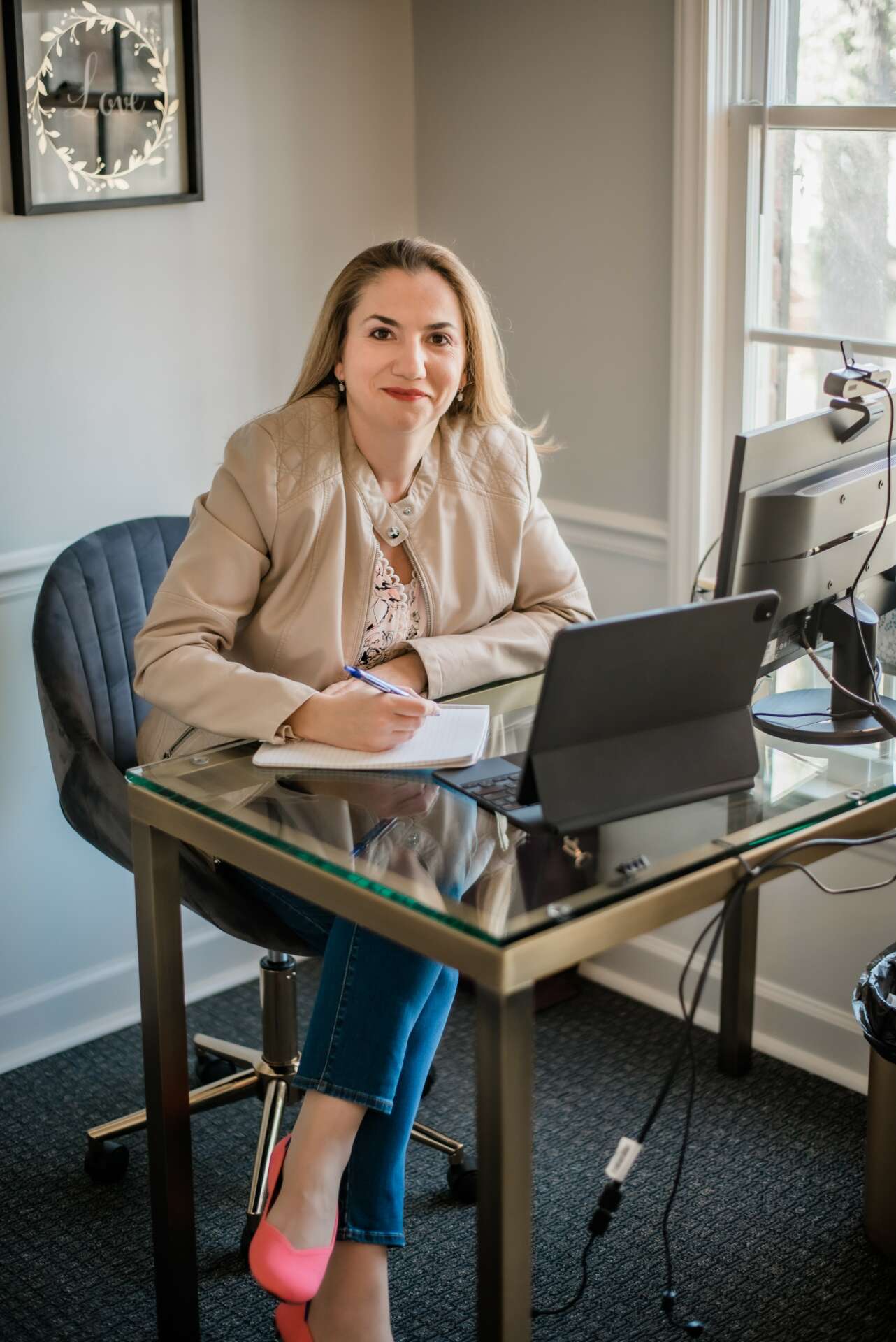
As always, we appreciate you sharing your insights and we’ve got a few more questions for you, but before we get to all of that can you take a minute to introduce yourself and give our readers some of your back background and context?
I was born and raised in Istanbul/Turkiye. I have always been interested in social sciences and human services but my journey to become a licensed mental health professional was not straight shot. I studied organizational psychology and human resources management and worked as an HR consultant in the early years of my career. My lack of fulfillment led me to search for a career change and that search landed me in the USA to get my doctorate degree in Counselor Education.
I opened my solo private practice “Carolinas Mental Health, PLLC” in Charlotte, NC in 2020. I work with individual adults who struggle with trauma, anxiety, depression, and loss. My specialty is combining trauma informed and science based approaches such as Internal Family Systems and Accelerated Resolution Therapy to help my clients heal and be happy again. I am a part of the “Secular Therapy Project” as a secular therapy provider. I am passionate about providing a gentle, caring, and secular approach for my clients, as religious trauma is a common concern that brings them to my office.
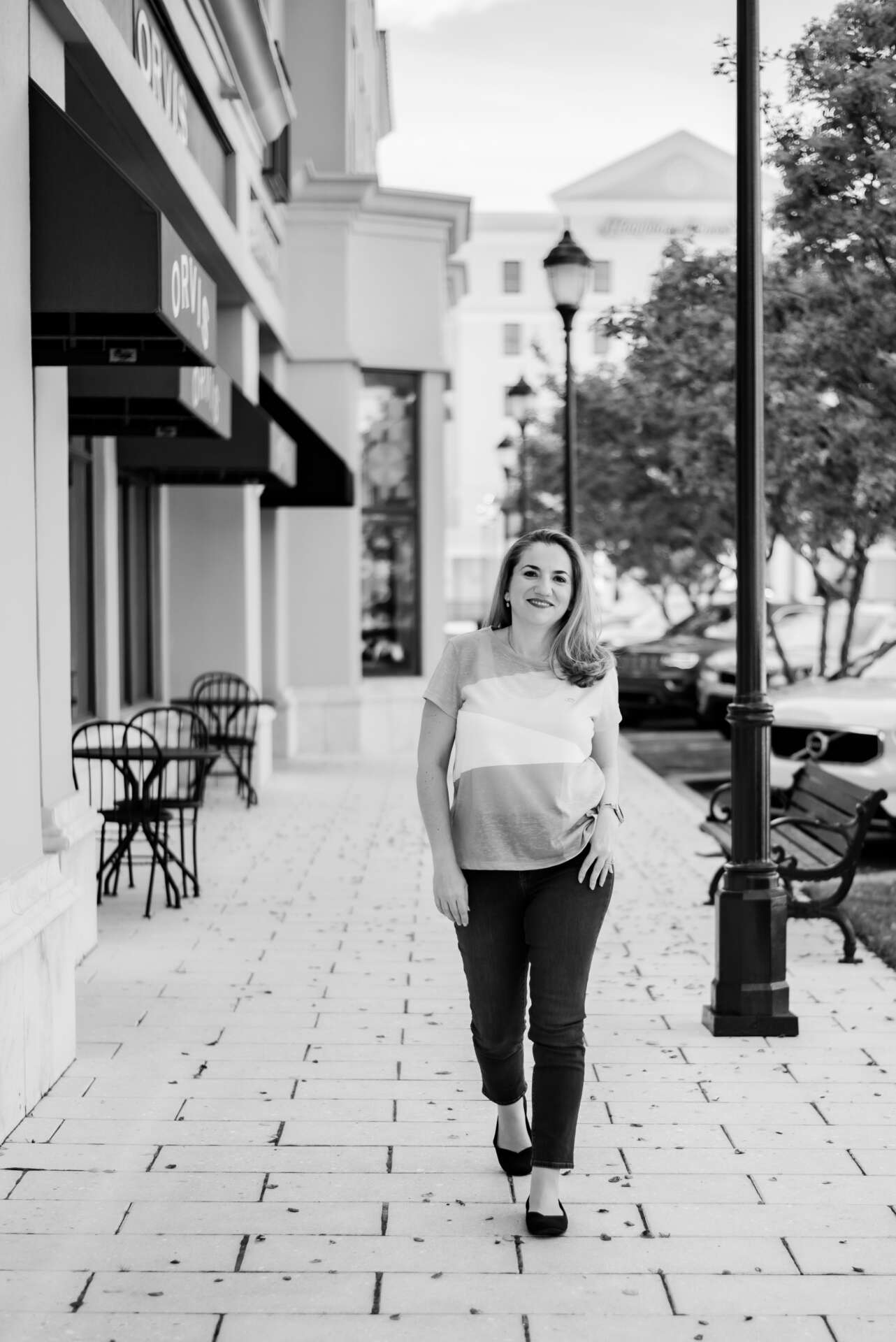
Training and knowledge matter of course, but beyond that what do you think matters most in terms of succeeding in your field?
During my formal training, I had many professors talk about the effectiveness of the connection between a client and a therapist on the therapeutic outcome. This is not to say therapeutic approaches are not important but but more so to say you cannot succeed with your clients in therapy if you don’t have a connection. Therapy models/modalities without the therapeutic rapport are like a pizza without the dough, a good relationship is the foundation of a successful healing journey. A lot of the individuals, who I see in my practice, have a history of unhealthy attachments, rejection by important care figures, and trauma. So trust, reliability, consistency, and transparency are very important in our relationship. I share enough about myself to let them know that I am a human, to validate their experience, and to show up as my authentic self while being mindful of the responsibility I carry for my clients.
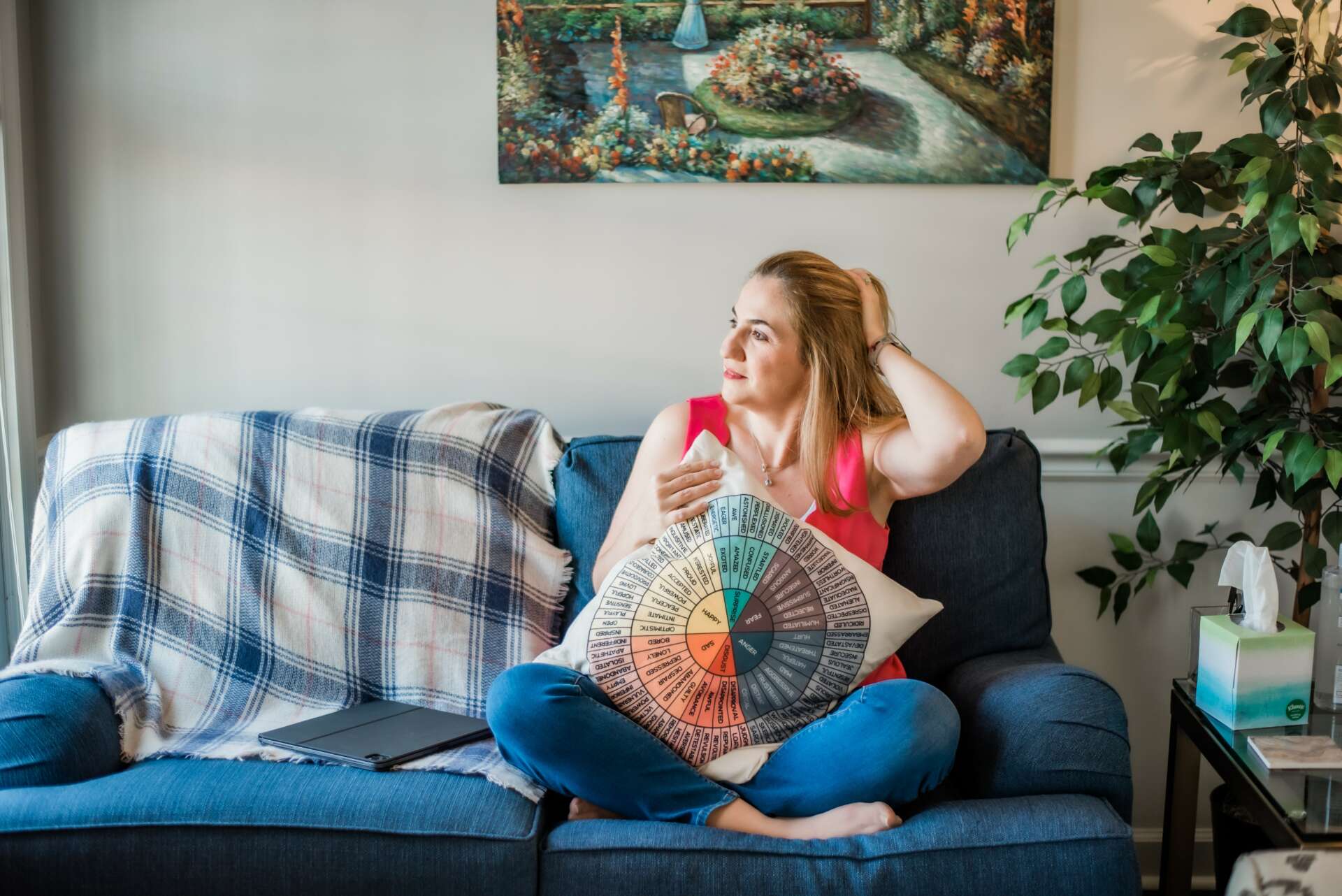
How’d you build such a strong reputation within your market?
Private practice can be lonely and isolating and therapists can easily slip into living on an “island by themselves”. I engage in multiple marketing and networking activities to get my name out there and reach my clientele.
In my opinion, a well designed website is like the reception of your office and is very important for a good first impression. Having profiles in major reputable therapy directories also helps with a better client-therapist match as they can filter providers based on their specialty, area, and insurance/s that they accept. I belong to a few local professional Facebook groups, where I get to connect with other local peers and receive and send referrals. I also attend monthly networking meetings with other mental health professionals to build a referral network. I have an Instagram account that I actively use to post mental health related educational bits. Lastly, having a unique niche or a skill that separates you from your peers is a plus. I am one of the very few English and Turkish speaking bilingual therapists in NC and SC, and therefore filling a major gap in Turkish speaking mental health professionals in these states.
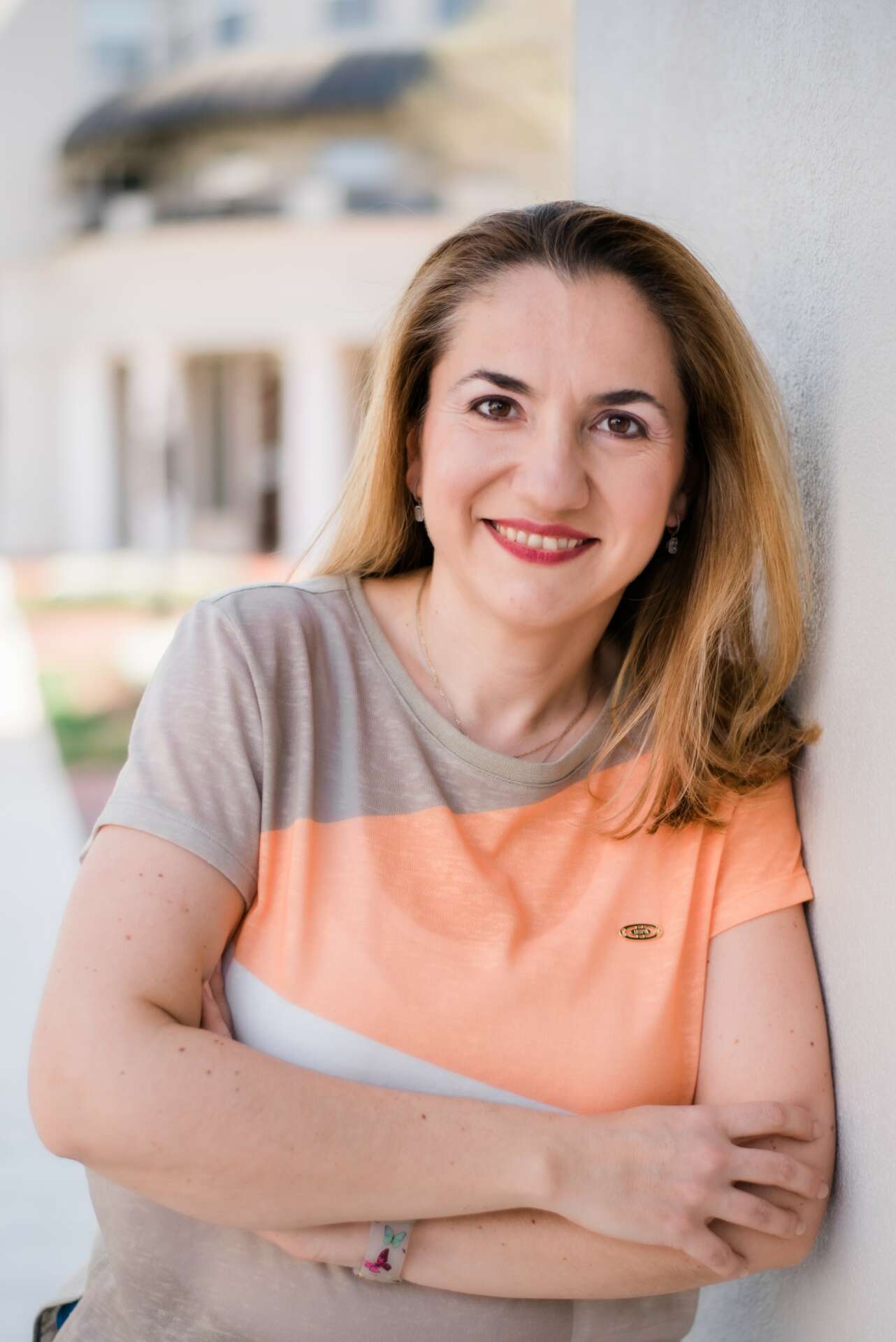
Contact Info:
- Website: https://carolinasmentalhealth.com/
- Instagram: https://instagram.com/carolinasmentalhealth?igshid=OGQ5ZDc2ODk2ZA%3D%3D&utm_source=qr
Image Credits
Kate Lynn Imagery


